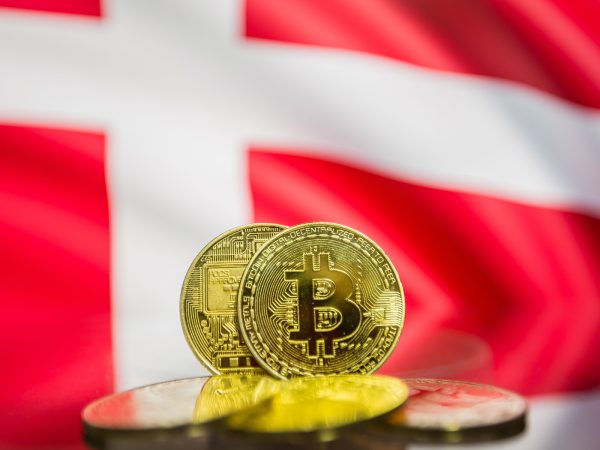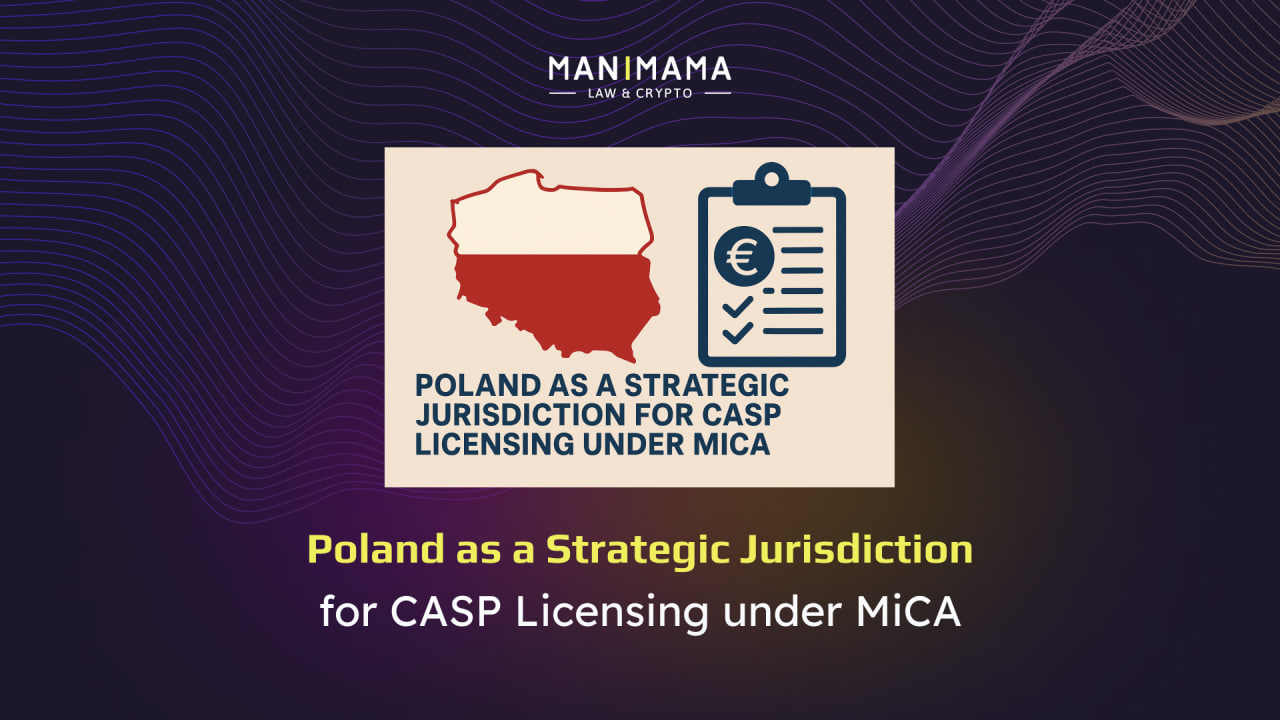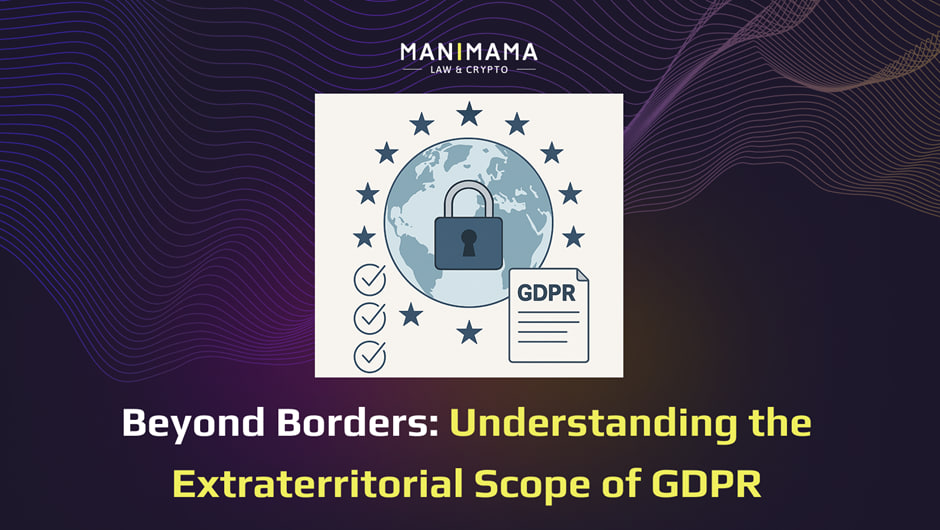The Pearl of the Scandinavian Peninsula
Denmark is a highly developed European country, one of the top ten countries in the world in terms of living standards and doing business. Business in Denmark opens new prospects and opportunities for entrepreneurs to develop and further prosper their own business.
The advantages of opening a business in Denmark:
- the flexible and open economy, characterized by one of the highest GDPs among European nations;
- political, tax, judicial and legal transparency;
- minimized level of corruption;
- no double taxation with most countries;
- government’s active support for small business;
- the lowest inflation and unemployment rates in Europe;
- access to the international market;
- the stable monetary system;
- the ability to obtain bank credit for development;
- low level of bureaucracy;
- the right to use legal schemes to optimize tax payments.
One of the most serious problems for foreigners wishing to do business in Denmark is to obtain a temporary residence permit. For foreign nationals from third countries there are certain conditions and restrictions, the main of which is to obtain a Danish residence permit. Citizens of the European Union, Scandinavian countries and Switzerland are not subject to these requirements.
It is also important to note that a frequent reason for rejection of the idea of doing business in Denmark is the stringent state tax policy. The Kingdom has one of the highest tax rates in Europe.
Contemporary policies
In Denmark there is no separate legal framework for the regulation of virtual assets, but cryptocurrency is indirectly regulated by other legal acts, mainly by the Act on Measures to Prevent Money Laundering and Financing of Terrorism (hereinafter: – “AML Act”). The AML Act defines virtual currency as a digital expression of value that is not issued and guaranteed by a central bank or public authority and is not necessarily tied to a legally created currency. Virtual currency does not have the same legal status as currency or money, but is accepted by individuals or legal entities as a medium of exchange and can be transmitted, stored and sold electronically.
The main financial supervisory authority in Denmark is the Danish Financial Supervisory Authority (hereinafter: – “FSA”). Since 2013, the FSA has issued several warnings about investing in cryptocurrencies. For example, the FSA points out that unlike most other investment products, there is no legislation in Denmark setting limits on how complex, opaque and risky investments in cryptocurrencies can be. The department urges ordinary consumers to be very careful when investing their savings in cryptocurrency.
Cryptocurrency as a financial instrument. Financial instruments are defined in the Law on investment firms and services (hereinafter: – “IFSA”). At first glance, according to this law, virtual currency is not a financial instrument and, therefore, does not itself fall under the securities regulation described above, since virtual currencies are not included in the list of financial instruments.
However, there are no strict requirements under Danish law to define an asset as a financial instrument. Therefore it is possible that virtual currency may be defined as a financial instrument. The FSA has not yet published any guidance as to when a virtual currency should fall within the definition of financial instruments. The FSA will consider on a case-by-case basis whether a cryptocurrency is subject to regulation by financial regulations.
Licensing. There is no license for virtual asset service providers in Denmark, but entrepreneurs must obtain a permit to operate from the FSA. Registration with the FSA is a prerequisite for a company to carry out the activities in question. The registration obligation was introduced so that the FSA could supervise businesses for compliance with AML rules and requirements. The FSA website specifies the procedure for obtaining authorization for a company to operate.
AML requirements
On January 10, 2020, the AML Act was amended to implement AMLD V (EU Directive). Amendments to the AML Act included, among other things, regulation of providers primarily and professionally engaged in exchange services between virtual currencies and fiat currencies, as well as custodial wallet providers.
Pursuant to FATF recommendations, the Act was further amended on July 1, 2021 to include virtual currency exchange platform providers, virtual currency transfer service providers, and virtual currency issuers. All of these providers are now subject to the Anti-Money Laundering Act.
The following entities are subject to the AML:
- providers of exchanges between virtual currencies and fiat currencies;
- virtual wallet providers;
- providers of exchanges between one or more types of virtual currencies;
- virtual currency transfer providers;
- virtual currency issuers.
Section 10 of the Act describes when a business must conduct KYC procedures:
- when establishing a business relationship;
- when there is a change in the customer’s relevant circumstances;
- in the case of individual transactions above a certain value (over 15 thousand euros);
- if there is a suspicion of money laundering or terrorist financing;
- if there are doubts about previously obtained information about the customer.
The requirements of Section 11 stipulate that the company must obtain:
- customer identification information;
- verify the identity data obtained through an independent and reliable source.
Taxation
There is no specific legislation in Danish law governing the taxation of gains or losses from the sale of cryptocurrencies, and over the years tax authorities’ statements on the subject have varied widely, which has created confusion. However, based on the practices of the past few years, guidelines have been developed that have created a framework for cryptocurrency taxation.
Taxes for Individuals. In Denmark, cryptocurrencies are subject to income tax. Any gains or losses on cryptocurrencies must be reported. Any sources of income, such as airdrops and mining, are also subject to income tax. After taking into account your untaxed amount and labor market contributions, tax-residents will have to pay a lower tax of 12.10% and a municipal tax of 25%. If the income is over DKK 552,500 (€75,000), there is an obligation to pay an additional tax of 15%.
Taxes for legal entities. According to Danish tax law, the principle of territoriality prevails in Denmark. Consequently, a Danish company is not taxed on its worldwide income. Instead, income from a permanent establishment outside Denmark is excluded from taxable income. Non-resident companies are taxed only on profits earned in Denmark. The corporate income tax rate is 22%.
Should we expect more regulation in the future?
A century old tax code (adobted in1922), which is still in force seems outdated to meet challenges brought by the emergency of new financial instruments, including cryptocurrencies and virtual assets. According to The Tax Law Council of Denmark is planning to propose for legislative changes by mid-2023, with the aim to establish clear and transparent rules for taxation of crypto-transactions and limit errors and fraud brought by such an area.
Denmark regulates cryptocurrencies in the context of AML regulations, which is consistent with the implementation of the European Union Directive V. Denmark’s position is that it is not going to develop and implement a national legislative framework for regulating virtual currencies on its own. Denmark is a member of the EU, and therefore will await the final adoption of regulations on virtual currencies by European supervisory authorities.
The content of this article is intended to provide a general guide to the subject matter, not to be considered as a legal consultation.
photo credits











